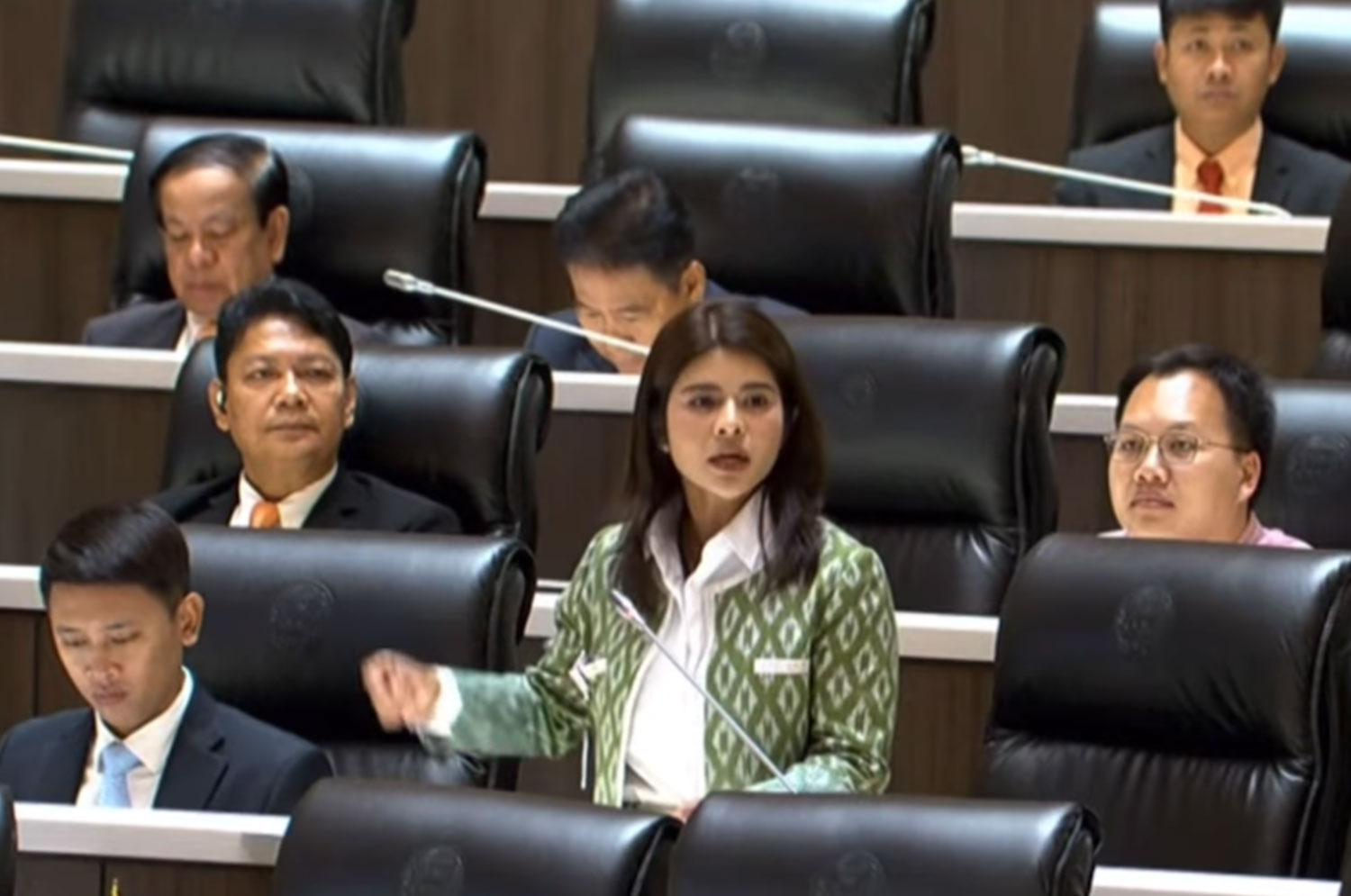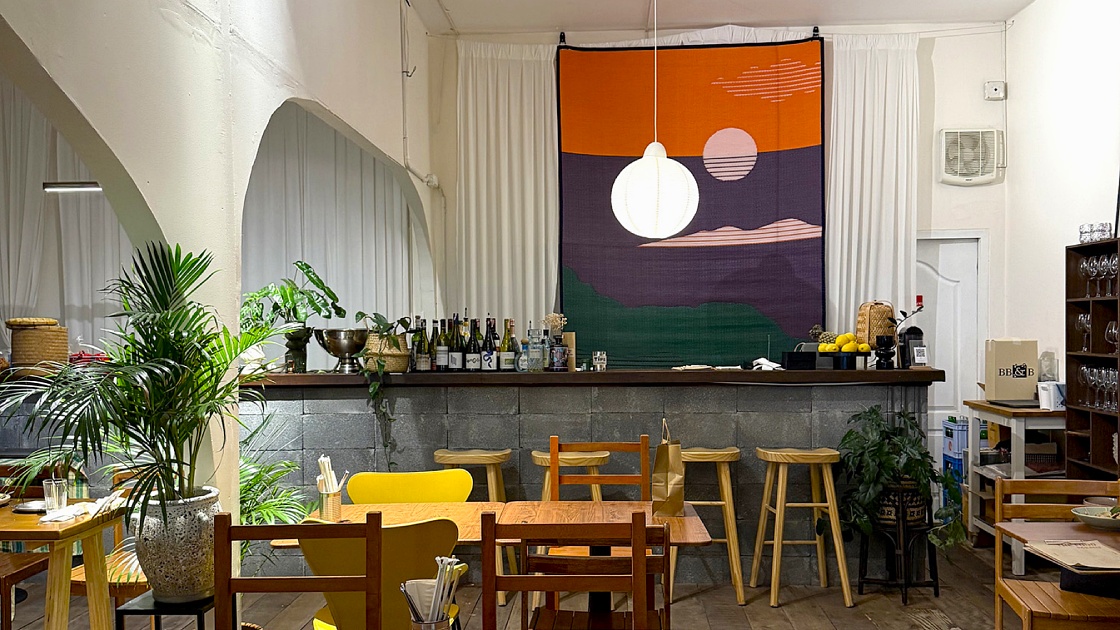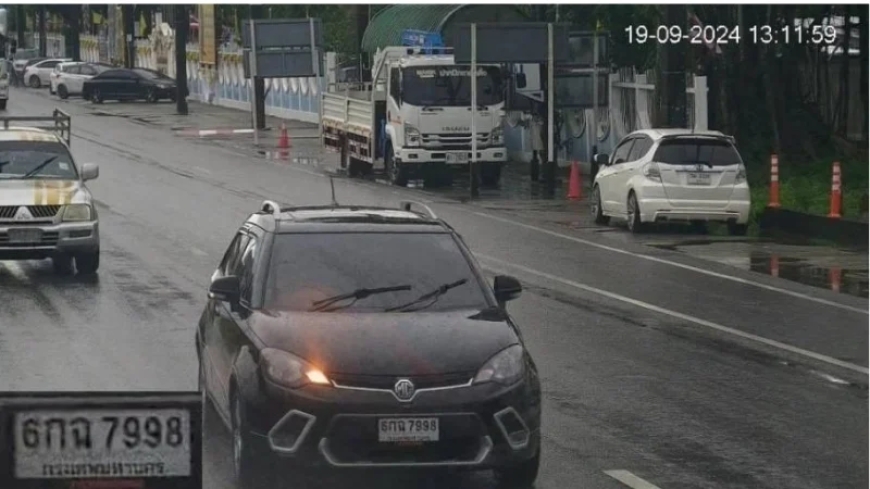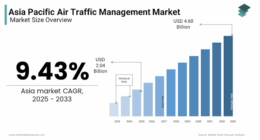Opposition Slams Provincial Budget Allocation
MP Criticizes Urban-Centric Funding Model
During a heated parliamentary debate on the 2026 fiscal budget bill, People’s Party MP Pukkamon Nunarnan, known as “Lisa,” sharply criticized the 26.5-billion-baht provincial budget for favoring major cities and neglecting rural areas. She argued that the allocation perpetuates inequality, failing to address the unique needs of local communities and hindering equitable development across Thailand.
Urban-Rural Divide Highlighted by Data
Bangkok Dominates Government Spending
Citing World Bank data, Pukkamon revealed that approximately 70% of government spending is concentrated in Bangkok, exacerbating the development gap between urban and rural regions. She noted that over half of Thailand’s provinces, especially border areas and the southernmost regions, remain underdeveloped despite their potential for growth, underscoring the need for a more balanced budget approach.
Empty Promises Under Scrutiny
Prime Minister’s Pledges Questioned
Pukkamon challenged Prime Minister Paetongtarn Shinawatra’s promise to create opportunities nationwide, calling it unattainable under the current budget framework. She criticized the repetitive focus on infrastructure projects like roads, bridges, and lighting, which dominate the budget but do little to enhance the quality of life or address pressing local needs in underserved provinces.
Governors’ Discretionary Funds Criticized
Centralized Control Hinders Local Progress
The MP highlighted a 700-million-baht annual allocation for provincial governors’ discretionary use, arguing that these appointed officials, often rotated frequently, lack insight into local needs. Pukkamon stated that this centralized system favors wealthier provinces, deepening inequality and sidelining smaller communities that require targeted investments for sustainable growth.
Regional Disparities in Budget Priorities
Infrastructure Overshadows Human Development
Pukkamon pointed to specific examples, such as the lower North cluster of Kamphaeng Phet, Phichit, Nakhon Sawan, and Uthai Thani, where infrastructure dominates over human development initiatives. In the deep South, 1.2 billion baht is allocated for construction and training, but none for education or quality-of-life improvements, neglecting critical community needs.
Healthcare and Tourism Funding Gaps
Northeastern and Southern Provinces Overlooked
In northeastern provinces like Bueng Kan, Nong Bua Lam Phu, and Amnat Charoen, Pukkamon noted a lack of projects addressing healthcare shortages, with budgets instead prioritizing road and bridge construction. Similarly, southern provinces along the Gulf of Thailand and Andaman Sea received 5 billion baht for tourism-related infrastructure, yet little for innovative community-focused initiatives.
Call for Decentralized Budgeting
Empowering Local Authorities for Change
Pukkamon urged the government to transfer budgeting authority to local administrative bodies, which are better positioned to understand and address community needs. She argued that the current system stifles decentralization, leaving rural populations disadvantaged and unable to benefit from tailored development projects that could drive meaningful progress.









